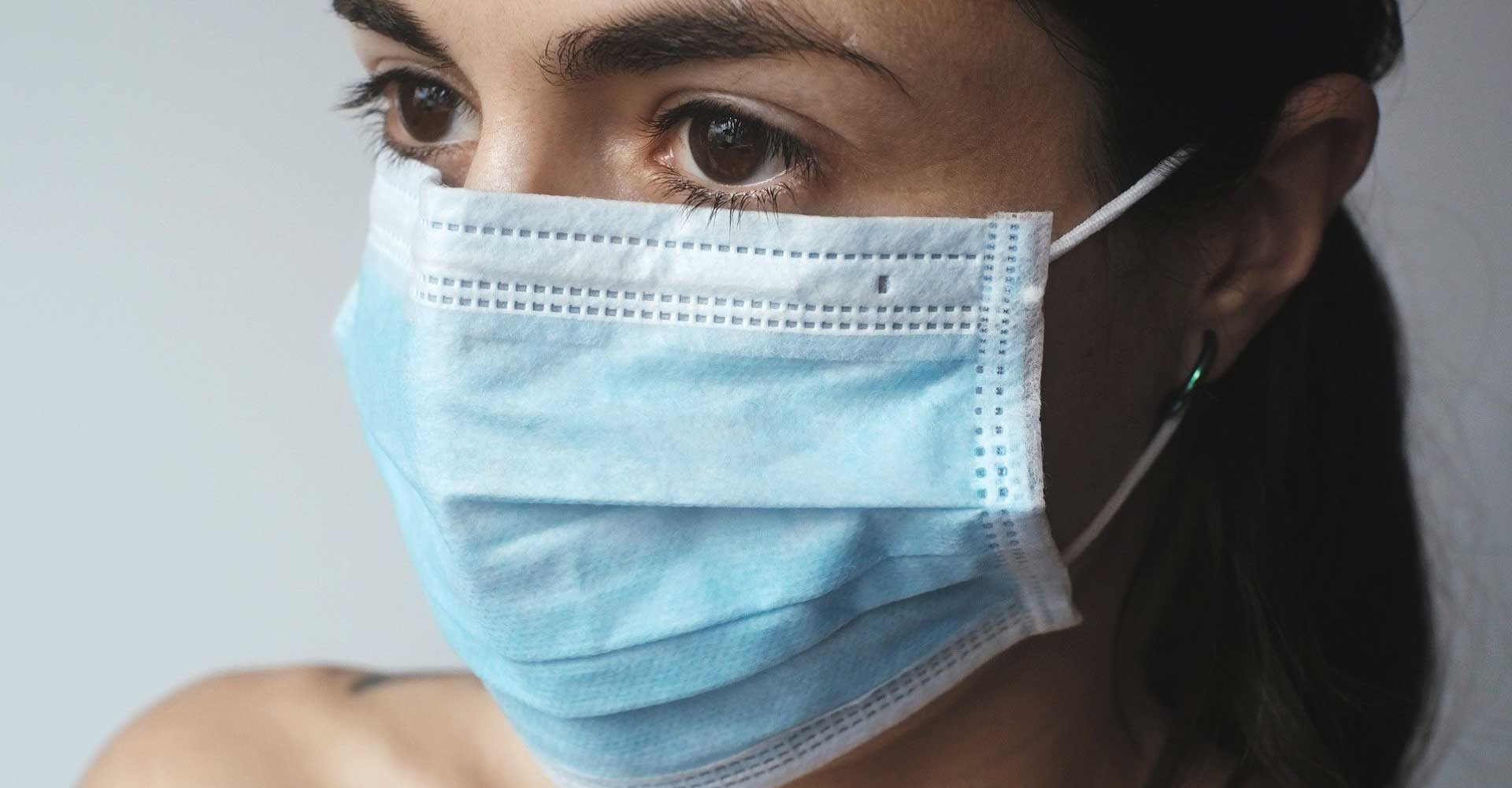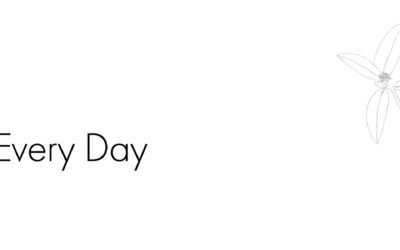The lungs are delicate organs vulnerable to pathogenic factors. Constantly in contact with the external environment, our lungs interact with pollutants such as dust, pollen, viruses, smoke and exhaust fumes which in turn exposes us to airborne diseases. In our fight against the fast mutating coronavirus, it is now more critical than ever to pay attention to our respiratory health.
An older age and existing lung condition are amongst the various factors that affect one’s risk of becoming seriously ill with COVID-19. This includes individuals with lung cancer, pulmonary fibrosis and asthma. While enhancing your respiratory health does not prevent you from getting infected, a good lung health reduces the likelihood of an infected individual developing severe symptoms. Here’s how you can strengthen your lungs and improve your chance of combating COVID.
- Good Ol’ Exercise
According to pulmonologists, physical activity is one of the surest ways to get your lungs into better shape. Aerobic exercises such as swimming, jogging or even brisk walking are great exercises for training the respiratory muscles and increasing lung capacity. This is especially helpful for the elderly given that lung capacity declines gradually as a normal part of the aging process. Do be mindful however of the air quality should you choose to exercise outdoors and opt for routes with lower air pollution. - Deep Breathing Exercises
Deep breathing exercise is another way to improve lung capacity. During deep breathing, air gets into the deeper parts of our lungs that are unutilised when we are sedentary, helping to clear any secretions or pollutants in the process. Though not as effective as physical activity, this is particularly helpful for individuals with mobility issues or whom are unable to partake in strenuous activities. - Ditch the Cigarette
Studies have suggested that symptoms from COVID-19 are more often reported in persons who smoke as the damage to the lungs caused by smoking makes it harder for the lungs to fight off infection from viruses and bacteria. If you need some extra motivation to quit smoking, know that there is no better time than now! - Cleanse Your Lungs
Whether you’re an ex-smoker, exposed to second hand smoke, or exposed to haze and air pollution where you live, most city dwellers would be inevitably exposed to pollutants in our daily lives. Having a diet rich in antioxidants and anti-inflammatory properties such as leafy greens, berries and green tea may help to protect your lungs from some damage. For a high potency lung support, consider Phytor Restore’s natural formula that helps to counteract the build-up of toxins and oxidative stress in the lungs. Houttuynia cordata extract, an active ingredient in the formula has been found to be especially effective for its protective effects against lung damage, inflammation, and in suppressing lung tumorigenesis. - Improve Indoor Air Quality
Do not neglect your indoor air quality! Regular cleaning and changing of your AC filters are important especially if you live in a metropolitan area with higher levels of air pollution. If you cook, ensure that you have proper kitchen ventilation and keep the kitchen hood on for 10 minutes after cooking to reduce smoke and pollutants. Also consider investing in an air purifier or a dehumidifier to minimise the humid air you breathe in as this has shown to irritate the airways and trigger asthma symptoms.
References
COVID-19: Who’s at higher risk of serious symptoms? (2021, October 7). Mayo Clinic. https://www.mayoclinic.org/diseases-conditions/coronavirus/in-depth/coronavirus-who-is-at-risk/art-20483301
Does smoking increase or reduce your risk from coronavirus? (2021, May 10). British Heart Foundation. https://www.bhf.org.uk/informationsupport/heart-matters-magazine/news/behind-the-headlines/coronavirus/coronavirus-and-smoking
How does exercise reduce stress? (2020, July 7). Harvard Health Publishing. https://www.health.harvard.edu/staying-healthy/exercising-to-relax
Lou, Y., Guo, Z., Zhu, Y., Kong, M., Zhang, R., Lu, L., Wu, F., Liu, Z., & Wu, J. (2019). Houttuynia cordata Thunb. and its bioactive compound 2-undecanone significantly suppress benzo(a)pyrene-induced lung tumorigenesis by activating the Nrf2-HO-1/NQO-1 signaling pathway. Journal of Experimental & Clinical Cancer Research, 38(1). https://doi.org/10.1186/s13046-019-1255-3
Lee, J. H., Ahn, J., Kim, J. W., Lee, S. G., & Kim, H. P. (2015). Flavonoids from the aerial parts of Houttuynia cordata attenuate lung inflammation in mice. Archives of Pharmacal Research, 38(7), 1304–1311. https://doi.org/10.1007/s12272-015-0585-8
Ling, L. J., Lu, Y., Zhang, Y. Y., Zhu, H. Y., Tu, P., Li, H., & Chen, D. F. (2020). Flavonoids from Houttuynia cordata attenuate H1N1-induced acute lung injury in mice via inhibition of influenza virus and Toll-like receptor signalling. Phytomedicine, 67, 153150. https://doi.org/10.1016/j.phymed.2019.153150
Jun, H. J., Kim, K. J., Nam, K. W., & Kim, C. H. (2016). Effects of breathing exercises on lung capacity and muscle activities of elderly smokers. Journal of Physical Therapy Science, 28(6), 1681–1685. https://doi.org/10.1589/jpts.28.1681





